Dayglow Plays M3F
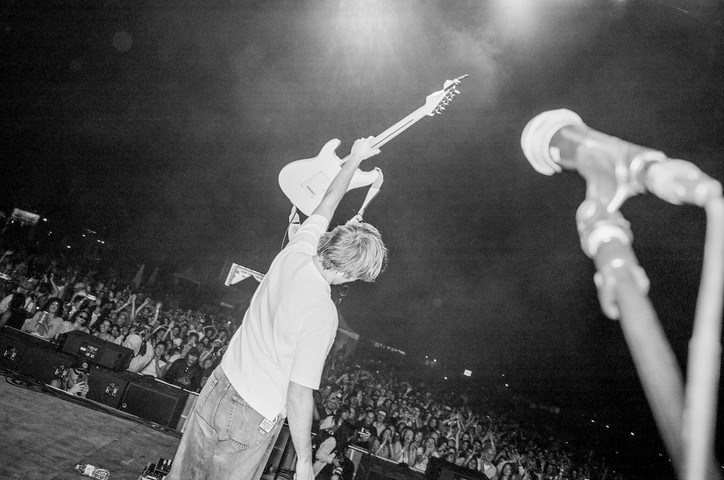
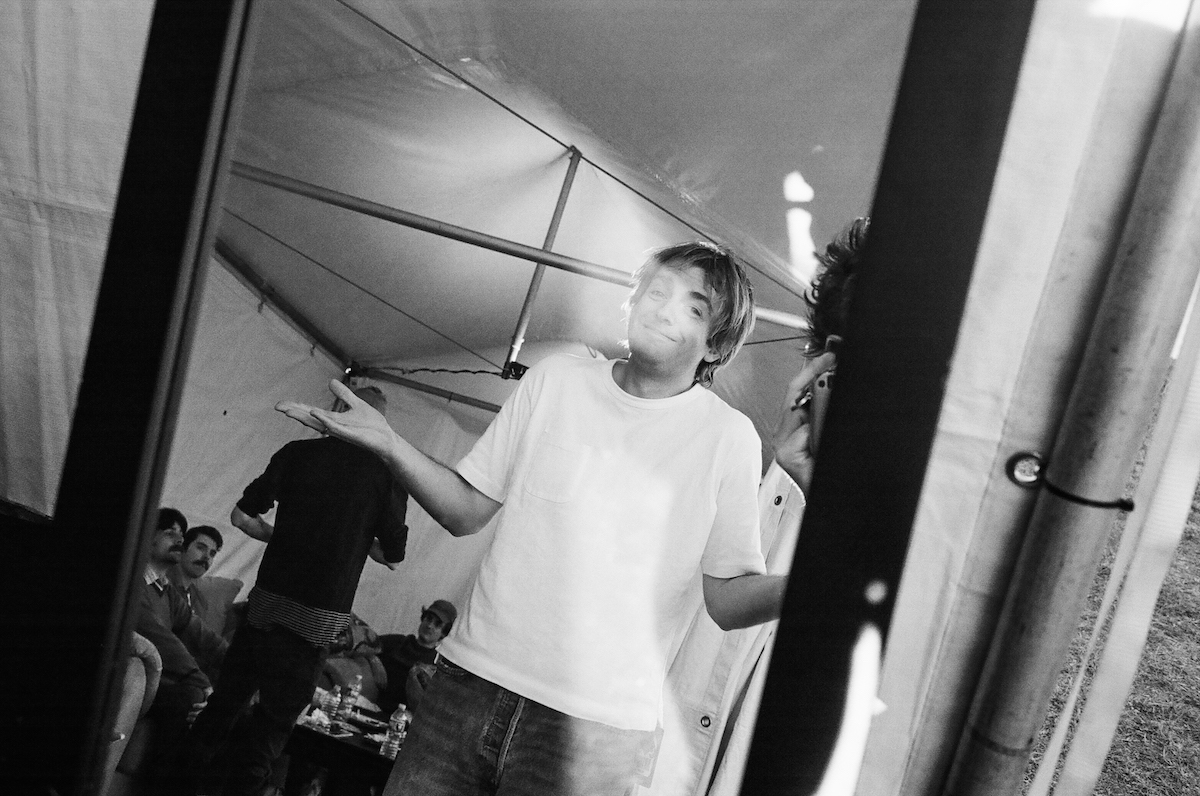
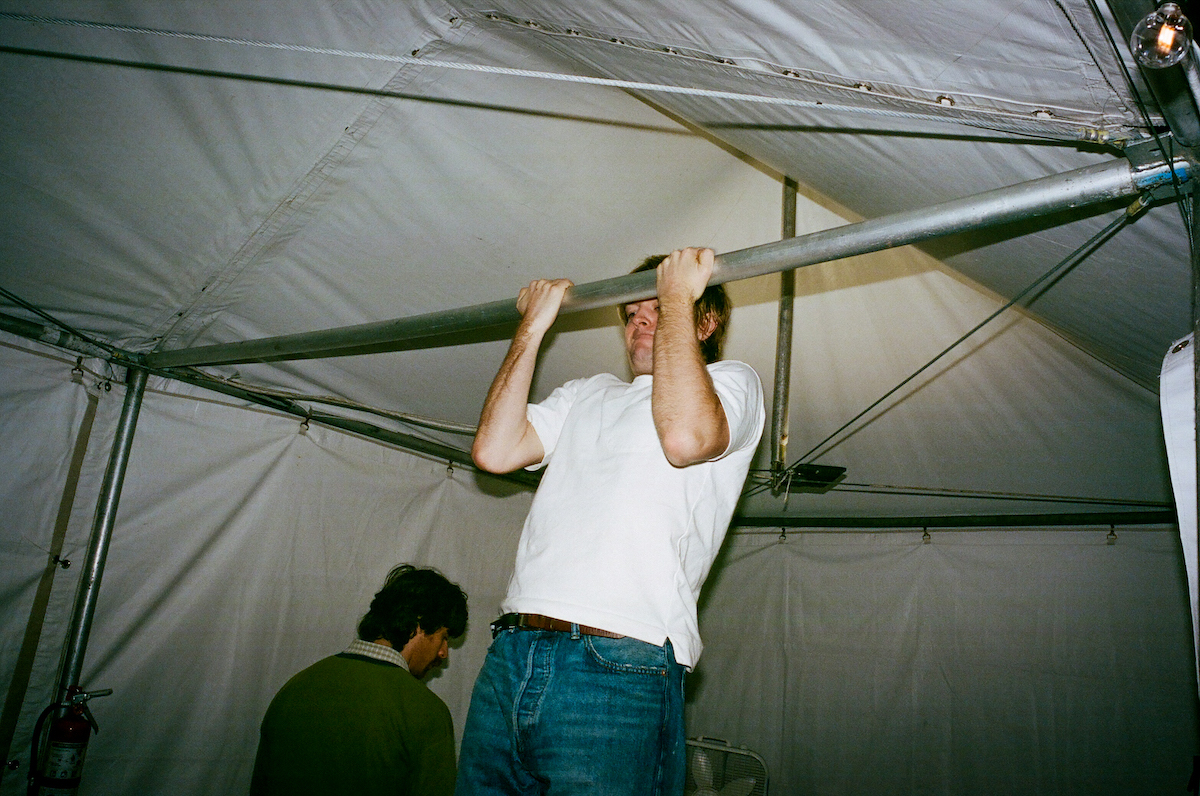
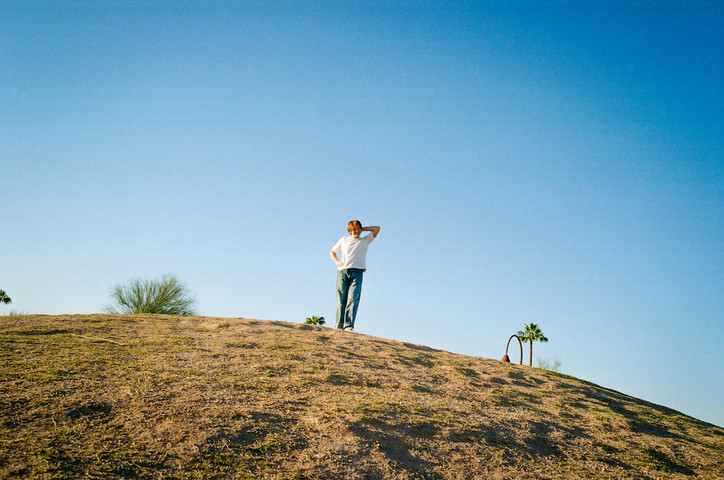
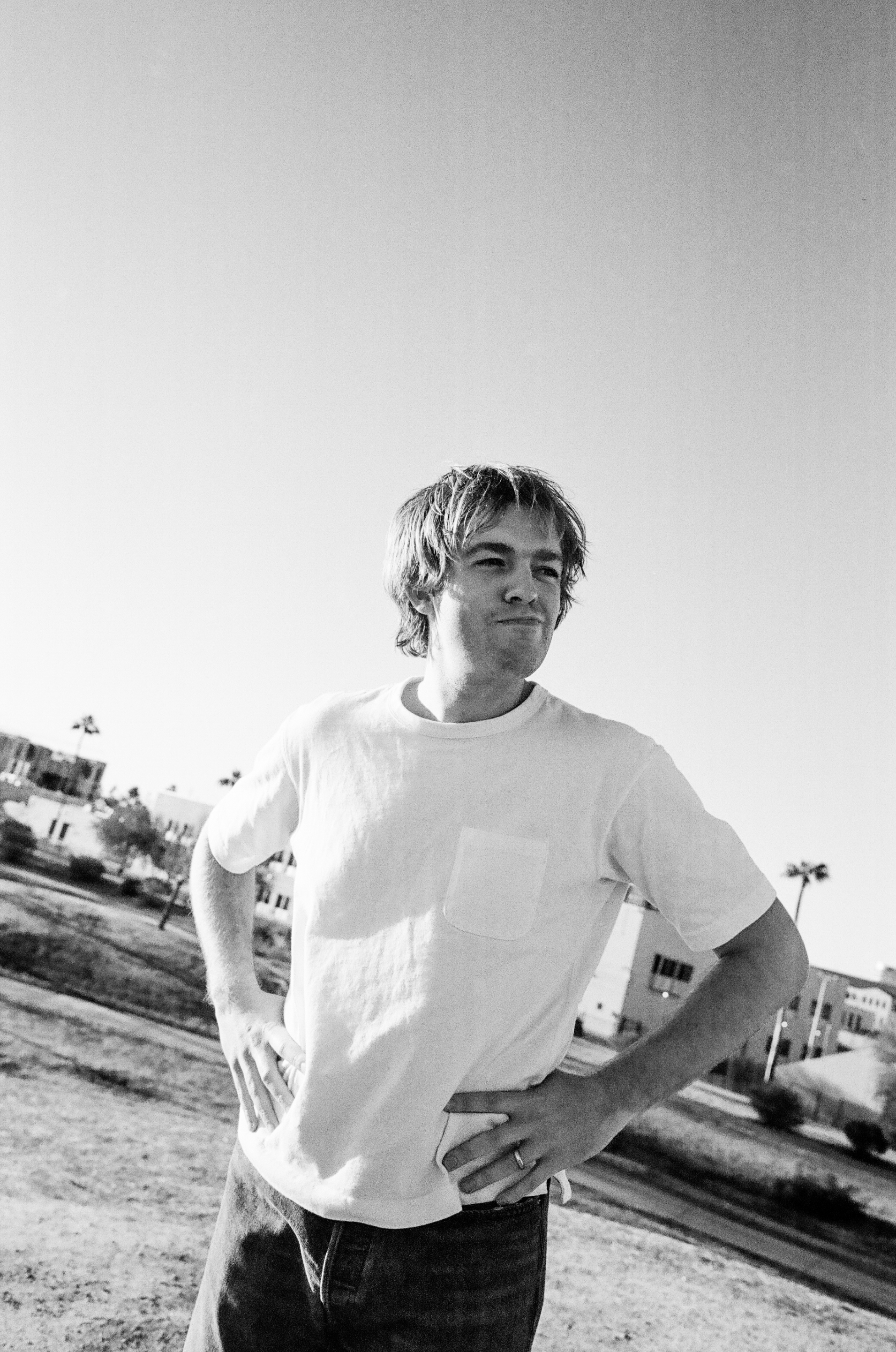
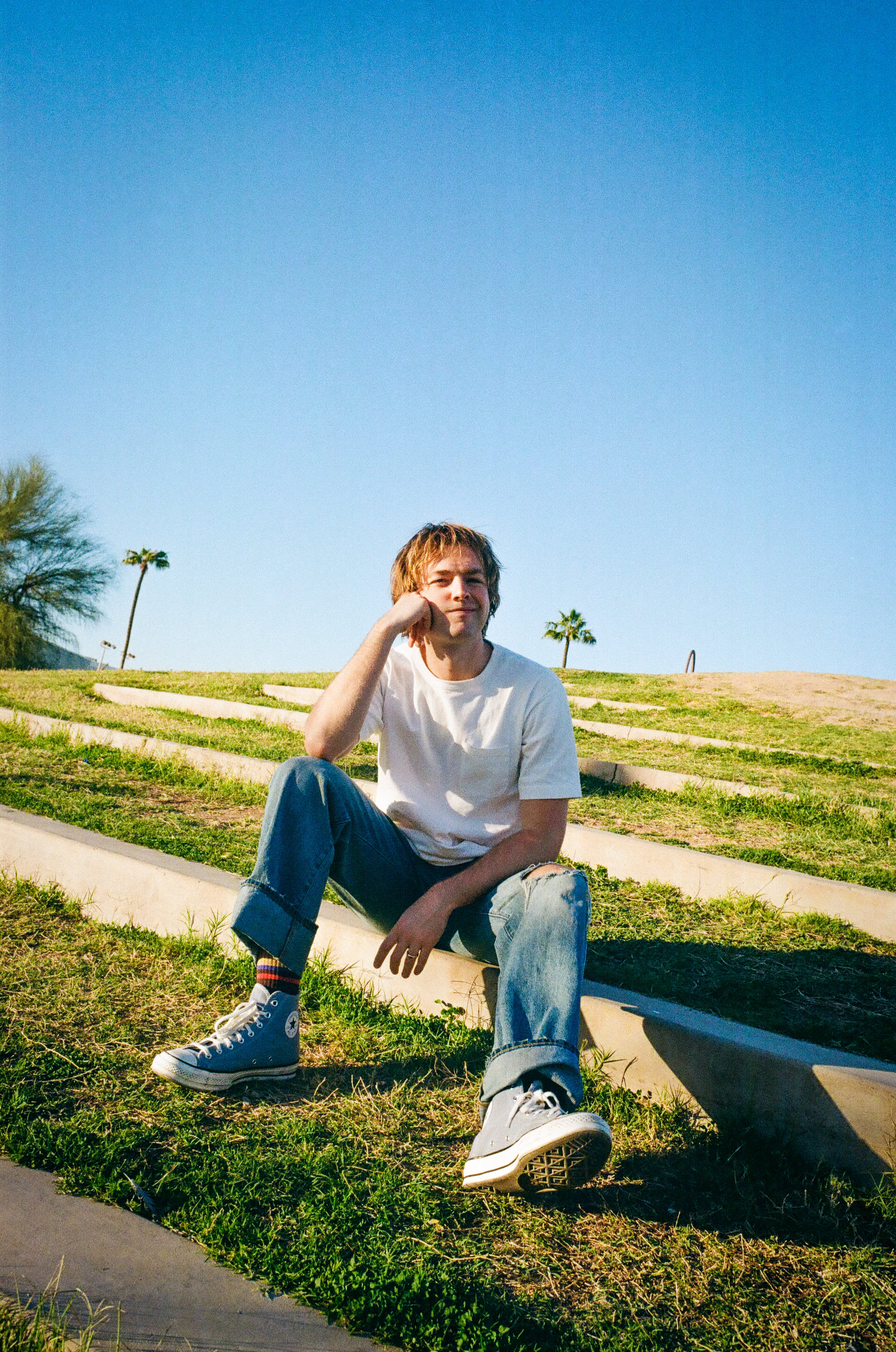
Stay informed on our latest news!






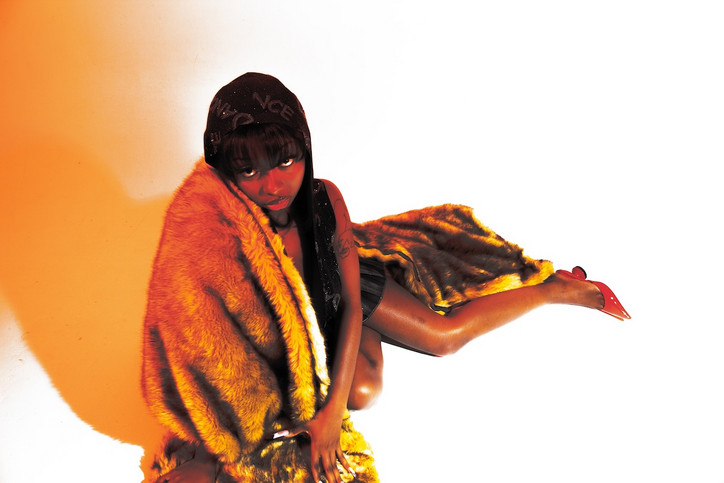
What inspired you to begin making music?
I was rapping in 2020 and 2021. I cut off all of my friends, so I didn’t have anybody to talk to. So I just started rapping to talk. I was rapping about stuff that was going on in my life. I didn’t have anybody to share it with. I’m still best friends with my best friend, but I don’t want to harass my best friend every day. I don’t feel like calling someone every day. I never really had anybody to talk to on a consistent basis, so it’s more like a journal.
Was music-making a pandemic hobby, or something you’ve always wanted to do?
I was producing for a long time before I started rapping. So once the pandemic hit, I started thinking about what I wanted to do when I was a little kid. I wanted to perform, dance, and do these things that I forgot about. Subconsciously, I tapped back into those to see how it goes.
Do you still produce your songs?
Yeah. I still produce some of them, but not all of them. I’d say 50 percent of what I put out now is produced by me.
And how do you combine those? You said you cut your friends off, so do most of your lyrics stem from experiences, or anything that comes to mind?
It’s a feeling of knowing I’m going to rap today. If I have a studio session, I’ll ask myself how I’m feeling; do I need to boost my confidence up? Do I need to rap about how I’m that bitch? Am I going through something in my relationship? Is family stuff going on? I don’t want to be too personal (on the song), but still apply that feeling into the song. It’s always about how I feel.
How long does it usually take you to write a song?
I don’t write. I freestyle everything.
What are some of your favorite songs or projects, and why?
Forrest Gump. That’s one of my favorite releases. There are a lot of songs from a lot of different time periods in my life. The oldest song was like, a year old, and the newest song was a week old. There are a lot of different moods. I know exactly what I was feeling when I made every song on it.
Do beats come first, or the lyrics?
If I’m making a beat myself, then the melody comes first, then the lyrics, then the drums. But if somebody else is making the beat, then the beat comes first.
Who are some of your favorite collaborators so far?
Brent Rambo. I used to tweet at him all the time on Twitter when I was producing. I would ask him to listen to my beats. I was on tour and he was backstage and knew me. We linked up the next day and made the song. When we finally met, it was really natural. Old me would’ve been proud of that.
How was your last tour opening for Veeze and what were some of your favorite cities?
The tour was cool. I’d say my favorite cities were San Francisco, Chicago, and Detroit.
What’s your favorite thing about performing?
The anxiety. I don’t know how the crowd will perceive me, especially on the tour, because a lot of people didn’t know who I was. I would get super anxious, but I kind of liked it, I’m not gonna lie.
Do you care how people perceive you?
I care. I’m not going to pretend like I don’t. I do care. I know certain songs are more tailored to certain cities. In New York and New Jersey, I could perform Jersey Club for my entire set and they’ll love it. But if I go to the West Coast, they’ll want more of a chill, laid back vibe with less hype music.
Who are some artists you want to collaborate with?
Stevie Wonder. I love him. I need to hurry up and become famous so he can notice me. I think it would be dope. I think we should do a mixtape.
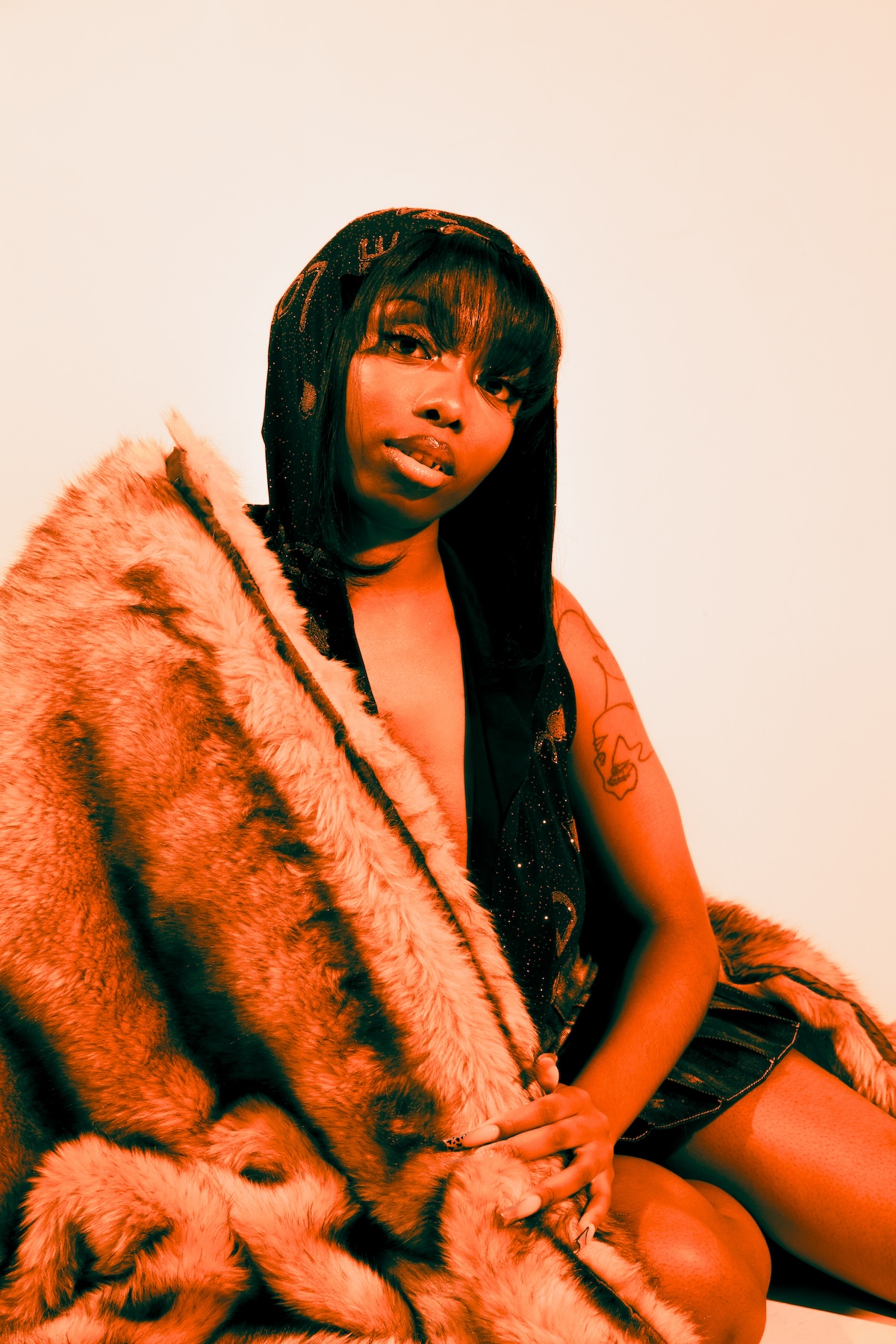
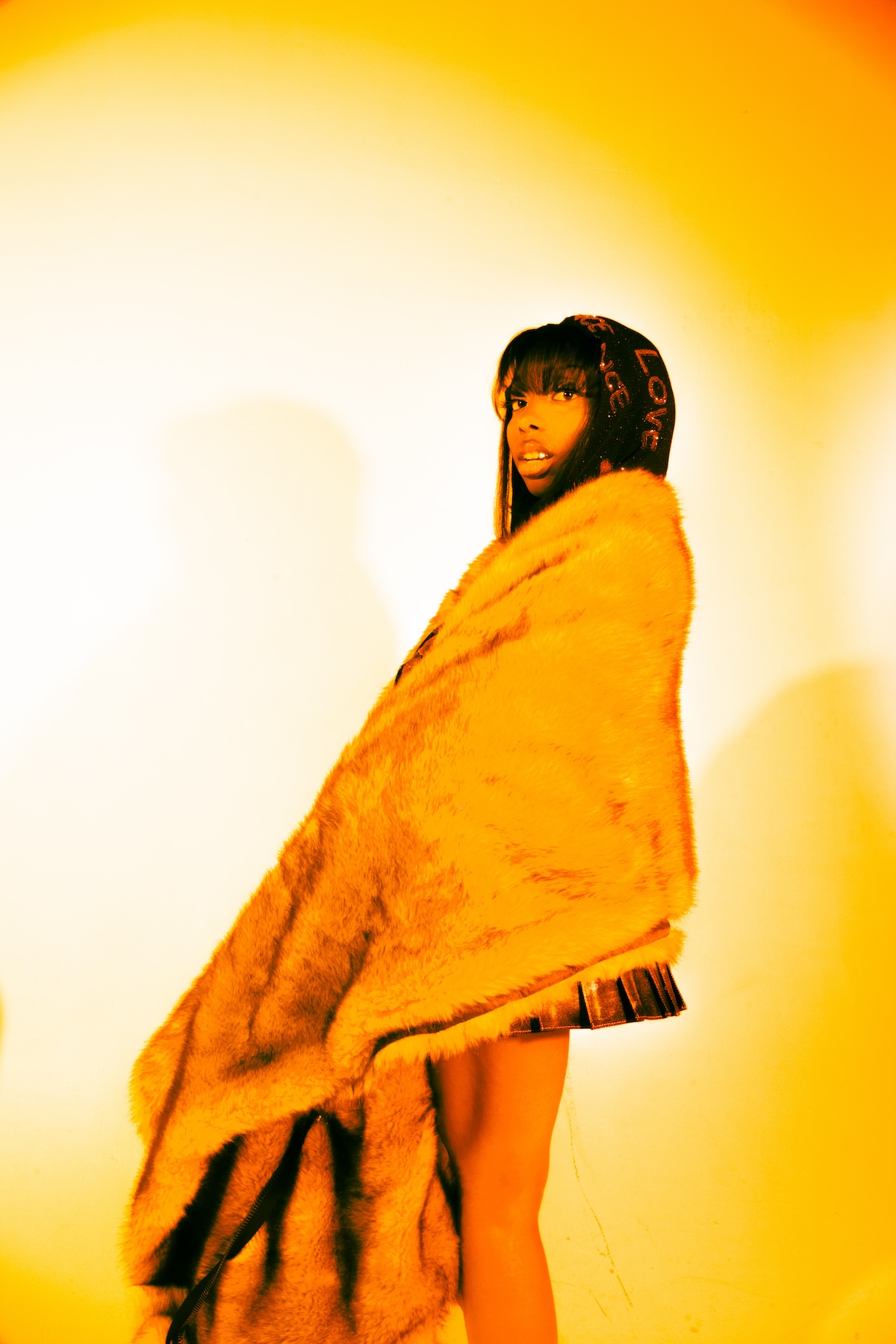
Are you experimenting with branching out into different genres with your music and collaborations?
Definitely. I don't discriminate. I listen to all different types of music. Genre doesn’t matter, as long as it’s good.
What genres are you looking to tap into?
I don’t really know. I know it’s not going to stay the same because I’m going to change. It’s going to evolve with me. I don’t know where it’s going to go. I don’t plan, I just take it day by day.
How do you think you’ve evolved since you first started creating music?
I think my music when I first started was way more experimental than it is now. I feel like I found a formula now. It’s a little less experimental now.
What would you say that formula is?
Now, I know how to record, start a song, rap, make it rhyme, make it clever, and make it work. When I was learning at first, it was more experimental because I didn’t know what I liked yet.
Are you recording any new projects?
I’ve been recording a lot. I have like, 300 songs. I just don’t know what I’m gonna do with them. I don’t know if I want to be mysterious or if I want to be like NBA Youngboy and release a mixtape every month.
What are some of your favorite songs you’ve written?
‘Tooamiri.’ I made that song when it was my first time in New York. I was overwhelmed and shit. That’s the most vulnerable I’ve been on a song.
What’s your favorite thing you’ve achieved since your music career has blown up?
I think it’s really just other people’s reactions to the music and them saying they love it or listen to me every day.
Do you usually take your fans’ feedback and criticism into consideration when writing music?
Not when I’m making music, but after the process I’ll read their messages to see what they’re saying. After it already comes out, I’ll see how they feel about it and see how they feel about it.
What are you looking most forward to in the future?
I want to release more music and slow down on the shows. I did 20 or 30 shows last year and that shit was draining so I want to slow down. I finally got my passport so I want to finally leave the country.
Do you also want to perform out of the country, or just for leisure?
Yeah, I want to perform. I’m half Nigerian, so I want to go to Nigeria.
You recently performed a freestyle for On the Radar. How was that?
It was pretty good. I feel like whenever I go viral, there are a lot of mixed reactions, which is good. I like the mixed reactions of people loving it and hating it.
What are people saying about the freestyle?
They never really comment on the music. They comment on my appearance. I look rough sometimes, so they’ll tell me to fix my wig or to fix something or that their little brother raps better than me. But people I don’t even know will defend me.
Where do you want to be in your career over the next few years?
I want to stop rapping. I want to make enough money so I don’t have to do this anymore.
What else do you want to pursue?
I want to live in obscurity.
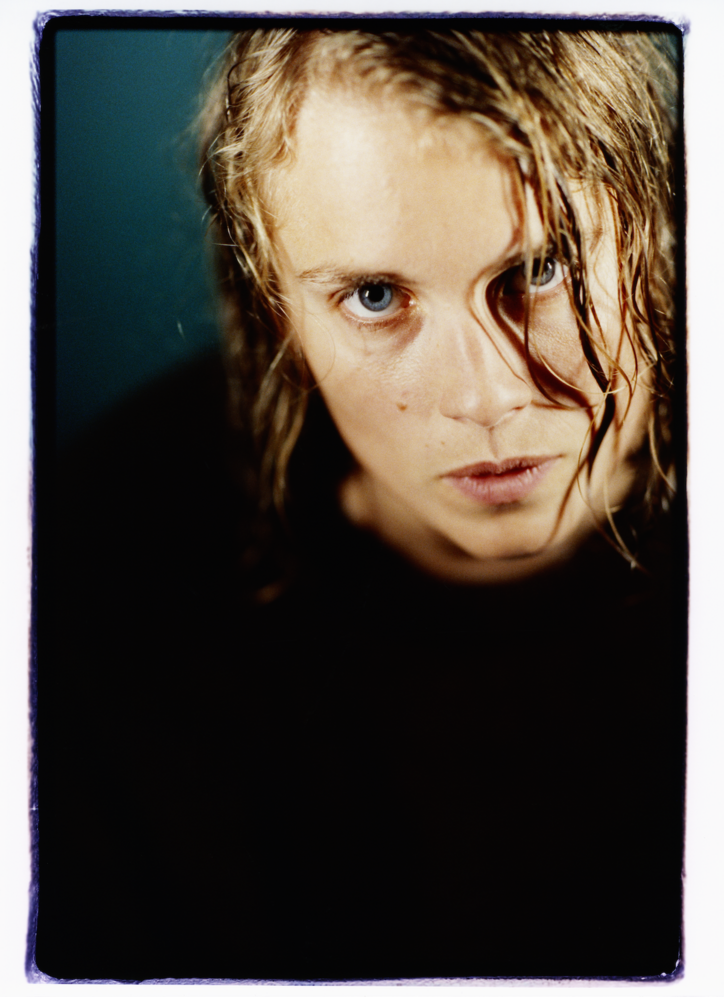
Tell me about your latest record, Big Sigh.
I took a small break from songwriting when the pandemic first hit and then found it really hard to get back into writing and being creative. It's like any muscle that you've got to keep flexing it or it's going to get unfit. Big Sigh took ages to write, and it took a long time to record in the studio; every aspect of it felt quite laborious. There wasn't the sense that it was like the easy, fun, kind of speedy records that I've made previously, but it meant that I really just focused on the songs. I wasn't thinking about what it was going to be or what I was trying to say, I was just spending a lot of time and effort trying to write the best songs that I possibly could. It was a long process, but I think it's set apart against the rest of my records because of that.
There has been a noted preoccupation with bodily expulsions, like blood and sick, in your work. These are all things that are often out of our control and can make us anxious. With your music, and particularly with this new album, do you find a safe space to work through these fears?
I struggle with the idea of loss of control and my body failing me; things like that take up a lot of space in my mind and are the root cause of so much of my anxiety. I think that to write music about these themes externalizes them and means that I have something tangible in front of me, so I can observe my fear rather than feel it. It's kind of like pulling a thread out and then being able to look at it. I also love the way that I can take something that feels very pointless and destructive, and by using that as an inspiration, write music. Then I've actually turned it into something that's useful and something that's beautiful or something that people sing along to or that is a shared experience. To take that kind of negative energy and spin it in that way helps me deal with the fact that it even exists, because it finally serves a positive purpose in my life. The best way to analyze difficult feelings is to go back into those emotions, create something out of it, and then look at it and see what it is.
This is the first record on which you've led production and played every instrument, and you are also co-directing your own music videos. How did you find yourself stepping into all of these different roles?
With the music, it's one of those things where it got to the point where I'm confident enough to do more because I've been doing this for a while now. It's about calling a spade a spade really, because I have had quite a big hand in production across my career. When you first start out, you don't realize the parameters of the word producer and what that really entails. Now all those other parts of putting an album together are things I've been playing with a lot. I've always come into the studio with my songs already very heavily fleshed out, with all the arrangements done, so with this one, it was a case of being like, “Okay, let's just cop to it now.” I was stepping into that role knowingly, but it didn't feel like a big step up because I felt like I'd already been doing it. With the videos, that was born out of frustration. A lot of the time when you work with directors, they forget that it's just a visual accompaniment to music, not necessarily a miniature film. You don't have to have a narrative; it can be abstract. Again, I didn't realize that the role of a director is actually to come up with the idea, and I have done that consistently throughout my career. I would come up with these ideas and then hand it over to a director who would change it. When you have a very clear image in your brain, it's hard when the finished product doesn't match that, especially because music videos are expensive and they're a lot of hard work to make.
The video for the track “Slime” is particularly great. It portrays you and your co-star Lea Anderson battling it out in a forest, and shows as your relationship gradually evolves into something more tender and intimate. In a similar vein to my previous question, do you feel that the space of a song, or in this case, the space of a music video, is ideal for exploring human relationships and working out some of their more gnarly aspects?
Definitely. I love writing about relationships because it's like a mirror. If you're introspective and writing about your own emotions, what better way to be able to analyze that further than see how you're reflected back in an intimate relationship with someone? They're always different, and they take you to different places, and ultimately you learn a lot about yourself. I think that's why I always come back to relationships and heartache and lust. “Slime” is very much about that initial lusty phase where there's also an element of danger. There's a lot of dangerous things about lust. It's a very intoxicating emotion, and there's the danger when that drops off, like, is that commitment something you really want to throw yourself into? Also, when you're a lesbian, there’s always people who get pissed off about situations, because everyone knows everyone. So with the video, I really wanted to capture that feeling of tension and how easily that can flip from something that's violent and dangerous into something that is tender and sexual and loving.
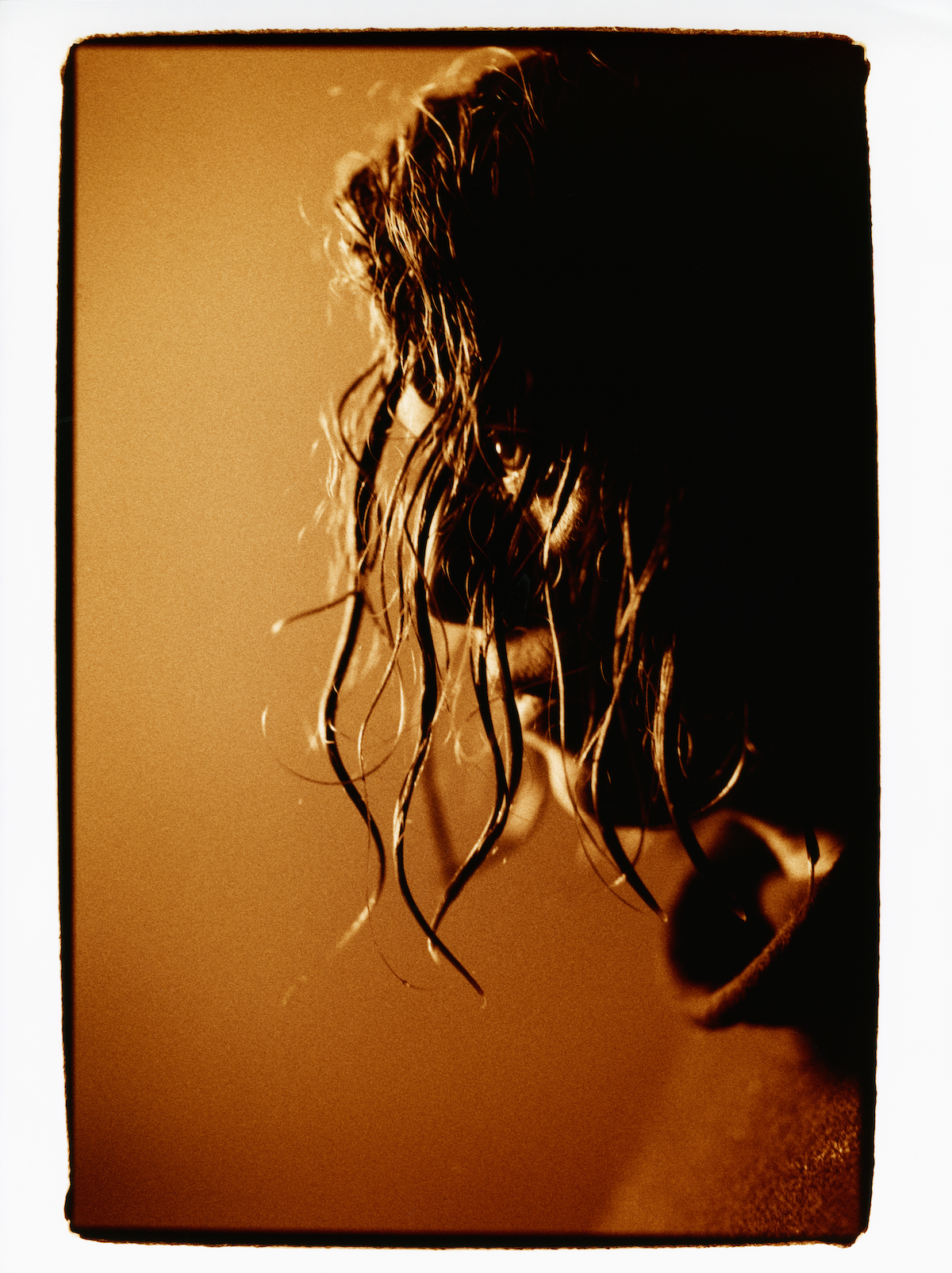
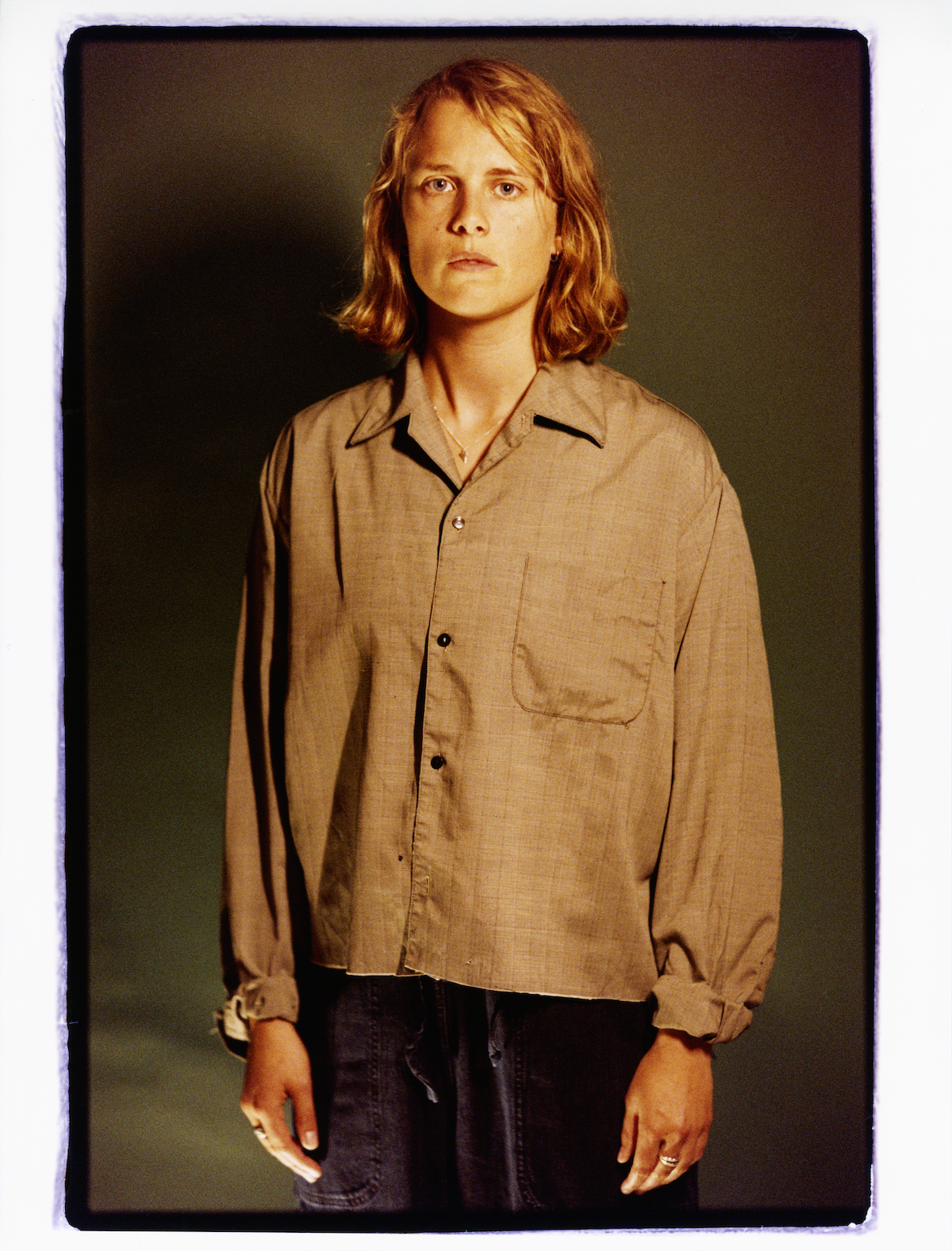
Continuing on this tension that is evident in “Slime”, how do you feel about being labelled angsty? In the past, particularly with women, angst has been something that has been problematized and branded as something that needs to be eradicated. More and more, particularly through the arts and music, the expression of angst is becoming not only acceptable for women, but popular.
All of my work is angsty. I think being an anxious, depressive person, that tends to happen. I don't mind it, it’s the kind of music I like. It is a kind of a label I would attribute to what I'd want to listen to. To me, when I think about angst or melancholy in music, I'm not thinking about the artist being anxious or melancholy. I think about harmony and suspended chords being held over dissonance and the way it can pull you into those kind of chest-crushy angsty feelings. I love that about music and I have always loved that about music, and all kinds of music. You find that in Purcell, and you find it in Massive Attack. It's something that draws me in, so I would wear angst like a badge of honour. I actually feel like angst is harder to capture than melancholy. Melancholy is something you drop into, but angst is something you have to pull out. So please, call me angsty.
Boygenius has been vocal about how you're one of their inspirations, and you have elicited comparisons to PJ Harvey, Nico, and Blur. Who would you quote as your own inspirations?
I am very narrow minded and focused when I'm making music, and I don't listen to a heap of stuff because I get paranoid about nabbing things by accident. I discovered Alex G whilst I was making this record and that was a great discovery that's going to be an inspiration moving forward. PJ Harvey demos were also a good inspiration for this record because I really liked having that peek behind the veil at her creative process. Hearing things in their rawest incarnation was really good because I wanted this record to be quite raw and not overproduced. In terms of my general career and songwriting, I think the two most pivotal artists have been Laura Veirs and The Shins. As a teenager, I listened almost exclusively to Laura Veirs and The Shins. It was Laura Veirs and the way she writes and her arrangements that made me feel like I could do it too. She was portraying such depths of emotion that I found so moving, but it wasn't like watching a kind of virtuoso guitar player shredding. She was just playing chords and singing and it was moving me, and I thought, “I think I can do that.”
You have been quoted as saying that your fan base is baby gays, straight guys, and old dudes. Do you still feel like you are singing for any particular groups of people?
That one comes back to haunt me a lot (laughs). I want anyone and everyone to connect and enjoy what I make. I certainly never think about the audience when I'm writing music. That's just distracting and causes too much pressure. I like to think it's an open book for anyone. The main crux of that quote is me trying to say that I have a whole different bunch of people at my shows and that's something I really, really love. I love looking around the room and seeing all these different people because — and I know it sounds kind of corny — everything's quite divisive at the moment. There's not a big sense of unity, which I think is really sad. When I play a gig, especially as a gay woman, and I look into the crowd and there is every kind of person in that crowd, and they're all joining in with each other to be at this event that I have created, that's a really nice feeling and I'm really proud of that. I definitely would like to keep it so that anyone and everyone can connect with my work. Unfortunately, I do feel like that quote makes it sound like I'm complaining in some way about the old dudes, but they buy merch and I love them for it.
They represent, that’s great. I also loved the idea that the inspiration for Big Sigh struck while you were in the pub loo.
This is also something that's slightly coming back to haunt me. Basically, the inspirational moment wasn't when I was in the pub loo. I had been struggling to write and I was at home and I wrote the song “Hanging”, or at least the first verse and the pre chorus, and I recorded it on my phone because I had to go to the pub to meet my friends. I was like, “Oh, this feels like quite a good song”, but you think that a lot and then you listen back and it's a pile of shit. So I recorded it into my phone, went to meet my friends and halfway through the evening, I snuck off to the loo and put my headphones in and listened to the track. I still loved it and still thought it was a great song, and it was this watershed moment. I'd finally breached those walls, and was like, “I can still do this, I can still write songs that I love and I'm proud of.” It greased the wheels for the rest of the record because I had that one in the bag. So, I wasn’t exactly inspired by the pub loo. But it was a nice moment.